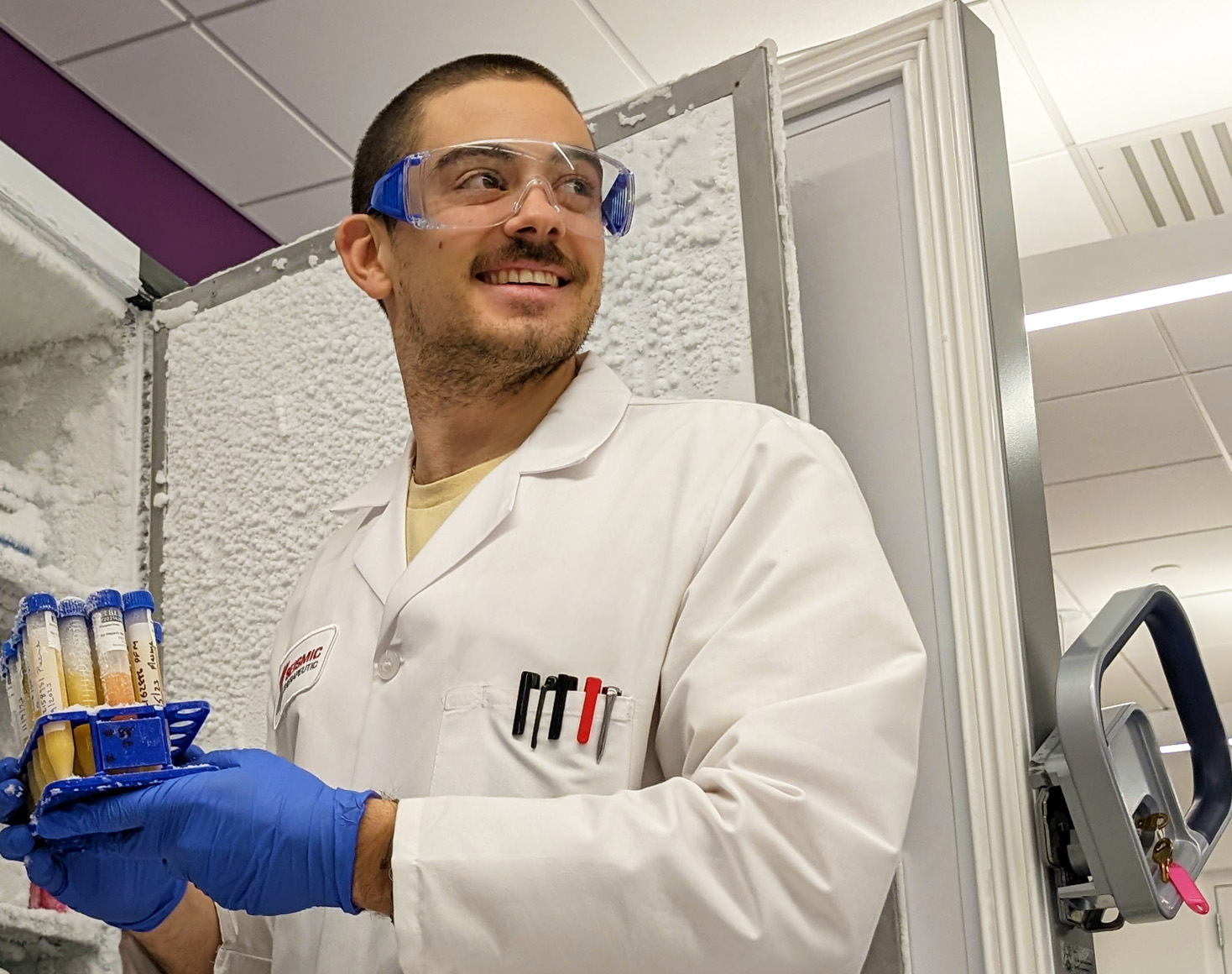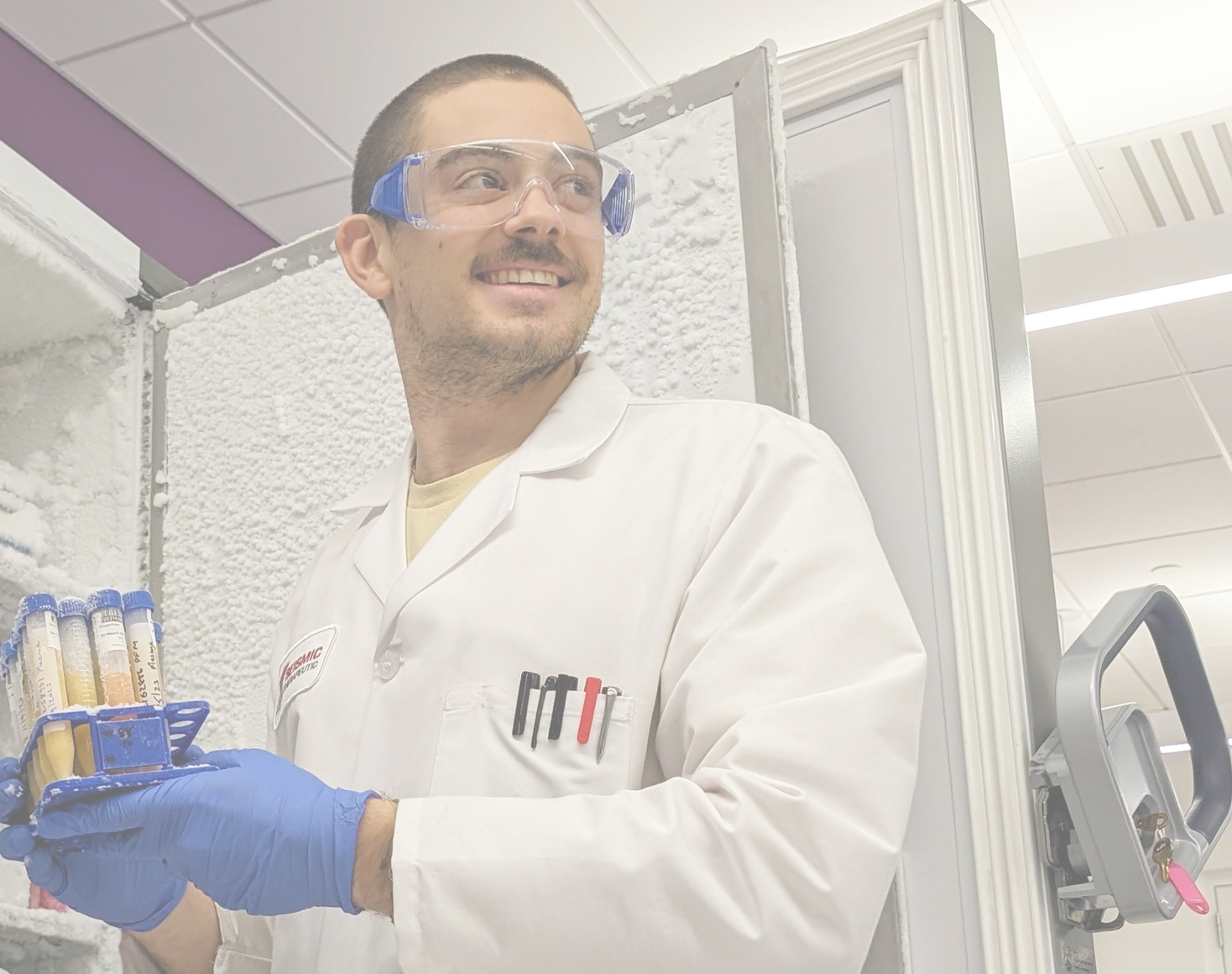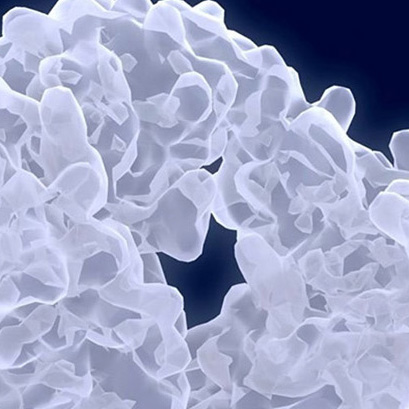Patient Impact Drives our Innovation
We are advancing a deep pipeline of first-in-class and best-in-class programs targeting the adaptive immune system:



We are The Machine Learning Immunology Company
Seismic Therapeutic™ is a clinical-stage, product-centric immunology company powered by proprietary machine learning technology. We are creating transformative biologic medicines for autoimmune and inflammatory diseases.
We are advancing a deep pipeline of first-in-class and best-in-class programs targeting the adaptive immune system:





Our IMPACT platform integrates structural biology with machine learning to design novel biologics. Parallel optimization of multiple molecular attributes accelerates our path from concept to clinic.

Seismic brings together leaders in antibody engineering, immunology, machine learning, and clinical development—backed by top-tier life science investors. Our team combines deep expertise in immune-cell biology with a track record of advancing breakthrough therapies to patients with autoimmune disease. We believe our impact on drug discovery is inseparable from our commitment to collaboration across disciplines.
This links to an external website.